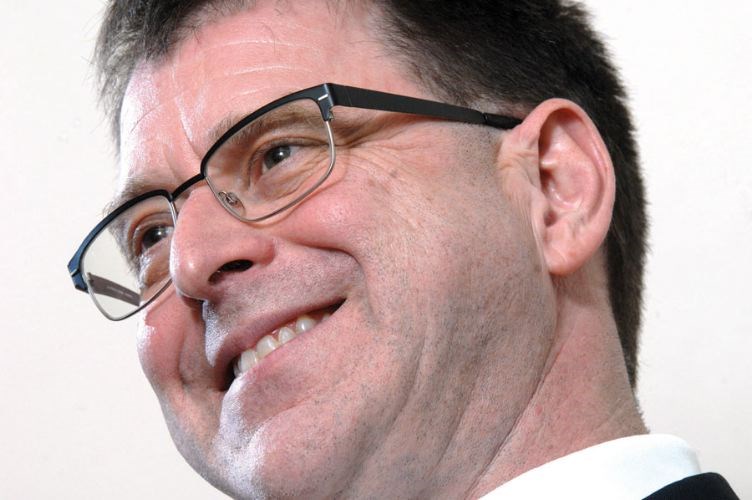Like a new coach taking over a sports team, Adrian Dix vows to get the province back to basics if voters choose him as B.C.'s next Premier.
In an exclusive interview Monday with the Citizen on the eve of the official start of the provincial election campaign, Dix said his party's platform will revolve around making sure the government is doing its essential duties.
"I think this is a time for fundamentals, it's not a time to be fancy," Dix said. "While we're going to do some new and interesting things, this isn't the time to do a whole bunch of new things when the basic fundamentals of what government provides are being undermined."
The top of Dix's priority list is making sure the post-secondary education system is equipped to provide training for the jobs that are available. He's pledged to offer more funding for apprenticeship programs in the skilled trades and said the government must do much better telling students what programs are available.
"We have to do a better job of attracting people to programs," he said, pointing to forestry as a prime example. "We've got to communicate that message, provide the opportunities and deliver on them."
While providing better access to skills training, Dix is hoping it will also address the inequality gap in the province, which he said is the highest in the country. He said the right post-secondary programs can help pre-distribute wealth by giving more people the opportunity to hold well-paying jobs.
"The main impediment to economic development will be this skilled training question," Dix said. "Because we won't have enough people to fill the positions and because the main way that economic development expresses itself in positively affecting or society is when people are working in high-paying jobs."
The NDP also plan to improve wealth redistribution, which Dix defines as medicare and other social services. Among the improvements he wants to make is to lower the province's child poverty rate, but he acknowledged the government isn't in a position to launch major new spending programs.
"There are many of those things that we support, but we don't have enough money for and we won't proceed with right away," he said.
While post-secondary education and skills training are the focus of the NDP, Dix said it's just as important to develop a strong Kindergarten to Grade 12 system to feed students into the colleges and universities. With enrollment in the public education system expected to increase in the next decade, his government would invest more money in capital projects for schools.
"You're going to see a return to need for some capital funding for expansion and a continuing need for capital funding for remediation," he said. "What you need, I think over time, is consistent capital funding so that these problems get fixed consistently and you don't get this political cycle when suddenly they discover they need to start funding schools again."
Although he disagrees with many Liberal policies, Dix said the NDP won't tinker with things that are working efficiently, like the Northern Development Initiative Trust.
"I don't have any desire to change things for its own sake," he said. "If things are going relatively well, we want to support and improve and build on it. . . . Not everything the Liberals have done have been bad and we have to acknowledge that every government does good things and bad things and we will work and build on the good things and try to fix the bad things."
Dix will also keep the Liberal-initiated carbon tax in place, but does have a few tweaks planned. First his party will broaden its base so that it includes venting emissions from oil and natural gas plants. He also plans to redirect an unspecified amount of the carbon tax revenue for local green infrastructure projects.
"One of the challenges of the carbon tax is you see people here everyday, especially in the interior, having to travel more and to pay higher relative carbon taxes because of that and not seeing that return on investment in the community," Dix said. "I think people are absolutely willing to pay taxes if they think they're going to the key services in their community."
Dix and his party have held a consistent lead in public opinion polling and in an effort to maintain that advantage - and perhaps draw in more voters - Dix said his party will run a positive campaign in the lead up to the May 14 vote.
"I think politicians too quickly diminish each other with cheap shots," he said.
"Too often the political process involves attacks that people know are unfair. In [Premier Christy Clark's] case and in [Conservative leader John Cummins'] case and [Green leader Jane Sterk's] case, these are good people. What possible interest does it serve for me to personally attack them - even if they don't maybe share my views on that question."



